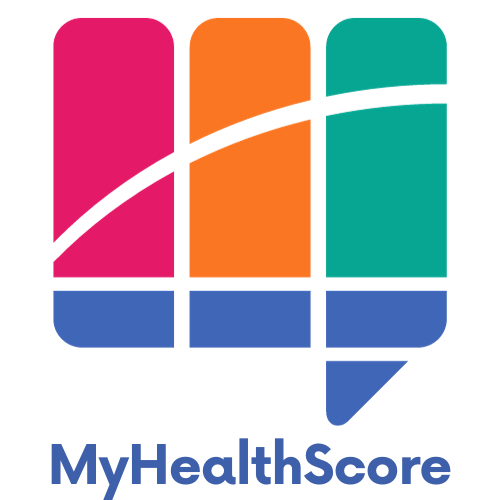What is Depression and How Can You Improve Your Mental Health?
Depression is a mental health condition that can affect your physical and mental health. The good news is that it is treatable.
If you’re experiencing depression, there are a range of support options available to help you. You don’t have to face it alone.
What is depression?
It’s not unusual to occasionally feel sad, moody or low. However, sometimes people experience these feelings intensely and for a long period of time. This may be depression.
Depression is a condition where someone can have a persistently low mood lasting for weeks, months or even years.
Depression is treatable and if you feel like you or someone you know is living with depression, please contact your doctor. There are also 24/7 supports available (these will be listed at the end under “Additional Support and Resources”).
There are a few different types of depression and you can read more about these here.
What causes depression?
A lot that is still unknown about the exact causes of depression, however there are some common factors which can contribute to someone experiencing depression.
These can include:
Challenging life events
The loss of a loved one or the loss of a job
Long-term challenges such as ongoing unemployment or financial stress
Difficulties in close relationships such as a break-up or divorce.
Biological and personal factors
Family history of depression may increase your risk of developing depression (however this alone does not mean you will develop depression)
Particular personality styles can be at higher risk for depression
Drug and alcohol use can lead to, and result from depression.
Common symptoms of depression
Depression can lead to changes in your thoughts and feelings, your physical body, and your behaviour.
Whilst depression affects different people in different ways, there are some common signs and symptoms that can show someone might be experiencing depression.
Depression usually includes these signs for a period of at least 2 weeks without improvement:
Feeling sad or down most of the time
Feeling worthless
Feeling restless or on edge
Losing interest in activities you usually enjoy
Experiencing low energy and low motivation
Increases in irritability, frustration and moodiness
Increases in alcohol and drug use
Changes to your weight or appetite (either increasing or decreasing)
Difficulty sleeping or wanting to sleep all the time
Difficulty concentrating
Thoughts of suicide or self-harm.
This free checklist gives you some data which you can take to your doctor to help discuss your experience of depression.
How is depression diagnosed?
There are resources such as this free checklist which can support you to work out if you might be experiencing symptoms of depression. However, for a full and formal diagnosis it’s recommended to make an appointment with your doctor, or with a Psychologist, who can provide you with a formal diagnosis and an appropriate treatment plan.
This appointment will often involve your healthcare provider asking a series of questions and you may be required to fill in a questionnaire.
How is depression treated?
Treatment for depression can help greatly to reduce or even to stop the symptoms you’re experiencing. Treatment may include a combination of different approaches, including psychological therapy, medication and community support.
Common treatment options include:
Psychological therapy
Doctors, psychologists and some other healthcare professionals are trained in evidence-based talk therapies that can support you in your recovery from depression.
Medication
In some circumstances an antidepressant medication may be required to support psychological treatment. If your symptoms are moderate to severe, medication can help to reduce them enough for psychological therapy to take place.
Community support
Depending on your situation and what is causing your depression, support with accommodation, finding work or training opportunities, as well as peer support can be helpful.
Lifestyle supports
Evidence shows that the following lifestyle factors support a healthy mind and body and can be helpful in managing depression:
Getting enough sleep and having a regular wake up time and bedtime
Regular exercise (even 10 to 30 minutes per day can help)
Eating a balanced diet with plenty of fresh fruits and vegetables, whole-grains and lean proteins
Taking time to spend with loved ones, to be social
Getting out into nature.
Sometimes people can have thoughts of suicide or self-harm when experiencing depression. If you’re having thoughts about dying or causing harm to yourself or others, get help straight away.
You can call emergency services or a 24/7 supportline such as (for Australians) Lifeline (13 11 14) or Suicide Call Back Service (1300 659 467). These services also offer online chat if this is more comfortable for you.
Additional Support and Resources
Your doctor or healthcare provider can offer you diagnosis and treatment plans for your mental health
A psychologist, mental health social worker or counsellor
Lifeline (13 11 14): 24/7 telephone and online support (Australia)
Suicide Call Back Service (1300 659 467): 24/7 telephone and online support (Australia)
Trusted friends, family and loved ones.
Before you go…
For more helpful articles like this one subscribe and receive future articles direct to your inbox (no spam, only quality health information).
Share this article with others who might benefit from this information.
Improve your health score today with the health score quiz.
